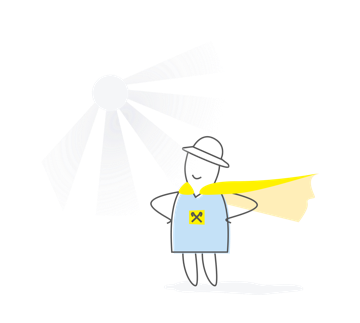Does an entrepreneur need a token?
From November 7, 2020, all taxpayers, including individual entrepreneurs, will face changes in use of electronic signatures and the respective media, particularly, tokens.
We would like to remind that the Law of Ukraine No. 2155-VIII of 05.10.2017 On electronic trust services, which came into force on 07.11.2018, cancelled the definition EDS (electronic digital signature) and instead of it introduced the new one: QES – qualified electronic signature. When the Law came into force, all payers were using the EDS, which had to be replaced by the QES. The Law gave payers two years so that they could receive QES at an easy pace (part 5 of Section VII of the Law No. 2155).
Thus, on November 7, 2020, two year period will expire. Starting from this date, all tax payers, including individual entrepreneurs, shall use QES for signing all electronic documents, as well as the tax reporting. Since QES exists in electronic form, it needs a physical medium for storage and ability to use. Such medium is called “qualified electronic signature/seal device” (hereinafter – QES device).
Actually, this is a memory drive, to which the QES is recorded. Such QES devices are of two types:
1. Simple – the device intended for QES creation and storage of personal QES key (simple memory drive) (clause 17 of part 1 of Article 1 of the Law);
2. Protected – QES device intended not only for QES storage, but also for protection of recorded data against unauthorized access, direct reading of personal key parameters and their copying (token) (clause 2 of the Procedure for use of electronic trust services, as approved by the Resolution of the Cabinet of Ministers of Ukraine No. 749 of 19.09.2018).
Therefore, QES can be stored both on simple memory card and on token – memory card with a higher protection level.
Pay your attention that paragraph 2 of part 2 of article 17 of the Law No. 2155 binds only the following business entities to use tokens exclusively:
1. State authorities;
2. Local self-governance bodies;
3. State-owned enterprises, institutions and organizations;
4. State registrars;
5. Notaries;
6. Other entities authorized by the state to exercise functions of the state registrar.
As we see, this list does not include legal entities and individual entrepreneurs. It means that legal entities and individual entrepreneurs are not obliged to buy tokens for storing of their QES either now or from November 7, 2020. However, if they want to, they are allowed to do that.















